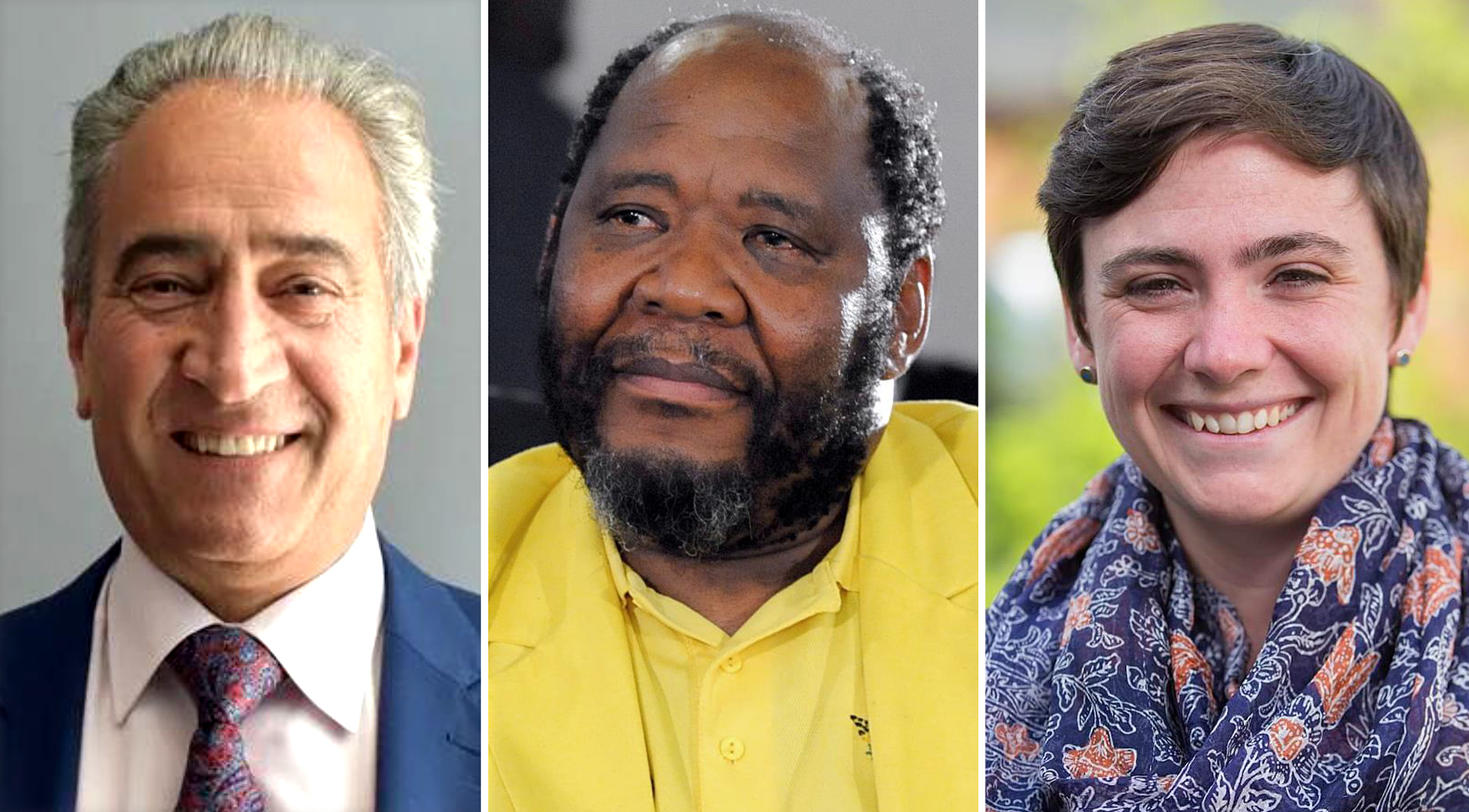‘When an economy has been broken to this level, it can no longer fix itself internally but needs external interventions,” economist Iraj Abedian said, reflecting on the state of South Africa.
Abedian joined a panel of experts giving a pre-State of the Nation Address (Sona) analysis during a webinar by the Defend Our Democracy movement on Tuesday, 6 February.
https://www.youtube.com/watch?v=Cf1v-FaHai0&ab_channel=DefendOurDemocracy
The webinar, titled The Real State of the Nation, was a virtual version of pre-Sona discussions and demonstrations usually held in Cape Town. The organisation said the webinar gave citizens a platform outside the traditional political arena to share their thoughts on where the country is and where it can go.
Ramaphosa is expected to reflect on a wide range of political, economic, and social matters within South Africa’s domestic and global context. According to the Presidency, Sona is a chance to “account to the nation on the work of government and to set out government’s programme of action”.
Abedian was joined on the panel by former statistician-general Pali Lehohla and Tutu Legacy Foundation CEO Janet Jobson to flesh out the crucial issues in South Africa. Needless to say, an hour and a half wasn’t enough.
Abedian expressed his sadness regarding the state of the South African economy and said governance in the past 15 years had gone off the rails.
He emphasised that the economy had the potential to grow at least 3.5% to 4.5% annually, but it was seen as “ fragile”, currently growing at only 0.5% “if we’re lucky”.
He said the underlying variables that affected all facets of the economy and welfare were unstable, which made growth impossible.
“No country in history has been able to succeed economically without the capacity of the machinery of the state. I’m not talking about Parliament and political figures, as important as they are. I’m talking about the capabilities of municipalities, the capabilities of government departments and the professional manner in which policies are not only designed, but also implemented,” Abedian said.
The panel answered questions about corruption, inequality, elections, education and the economy as a robust conversation took place among attendees. Abedian warned that attendees should take care not to associate incompetence with black people and be wary of being ignorant and racist while sharing their frustration about the state of the country.
“Politicians will be talking about water, assets, energy, type of dwelling, this and that, but education, training and employment should be top of the priority list, not number 15,” Lehohla said.
He said the level of education had dropped, including how long young people stayed in school, the level they achieved and the marks they obtained. He said this was the biggest driver of poverty, adding that 66% of impoverished youth had noted a lack of education and training as a direct reason for poverty in their households.
“From 2001 to 2011, poverty was reduced in all municipalities, and from 2011 to 2016 in a third of municipalities. This has reversed. In the stats from 2022 we expect the worst. This is the picture of the nation,” Lehohla said.
Jobson said there was often a type of amnesia regarding how bad living conditions were in the pre-democracy era, adding that although there was a long way to go, great progress had been made.
“Without sounding like a politician, over the last 30 years we have seen electricity, flushing toilets and housing,” Jobson said.
She agreed that the past 15 years had seen a degeneration in the education system, saying internationally, we were back to 2012 levels.
Jobson said poor education forced parents to try to get their children into quintile 4 and 5 schools, which were often expensive and far from where they lived. This meant they incurred additional transport costs and it became too expensive to access quality education.
Despite all this, she called for South Africans to find a way to be hopeful.
“We have got to find a way to be hopeful. We need to deal frankly with our failures as a society and our woundedness to build a real resilience to counteract the fatalism that has taken hold of our society,” Jobson said.
Open letter
Ahead of Ramaphosa’s address, civil society organisations, including the Institute for Economic Justice, Budget Justice Coalition, Children’s Institute, Corruption Watch, Equal Education and the Healthy Living Alliance, penned an open letter to the president listing the areas they deemed crucial.
“South Africa faces severe socioeconomic challenges. Addressing these challenges requires bold political leadership and enormous courage. Sona 2024 provides a historic opportunity to set our country on a new course. Mr President, if you announce a programme in Sona that moves us decisively in this direction, you will have our support for such a national effort,” they said.
The letter called on the President to lay out a vision for decent job creation and economic expansion through the structural transformation of the economy, ensuring diversification into labour-intensive and environmentally sustainable sectors, including through investment in master plans and industrial policy.
They called on Ramaphosa to:
- “Acknowledge that the market alone cannot solve the scale of unemployment, and so cement public employment programmes, grow the innovative Presidency-led programmes, and ensure that no programme is sacrificed at the expense of another;
- “Instruct the National Treasury to raise the revenue necessary to realise rights through taxing wealth, thereby ensuring greater redistribution to fund critical social and economic programmes that the most vulnerable depend on;
- “Establish an inclusive team of experts to review the macroeconomic policy framework and embrace economic and employment growth as necessary goals of monetary policy;
- “Ensure that those guilty of corruption are held accountable, and governance issues are resolved, especially at State Owned Entities, to rebuild state capacity; and
- “Give South Africa hope that we can build an economy that prioritises care, tackles the scourge of gender-based violence, promotes equality, and centres the needs of the most vulnerable.” DM





